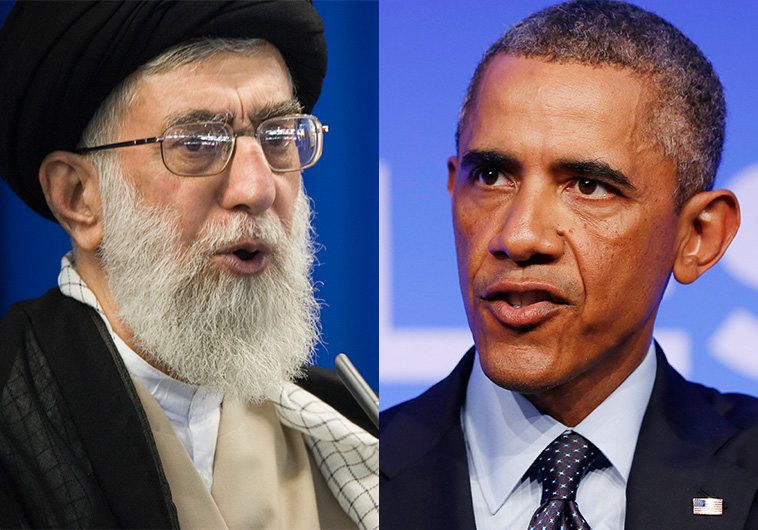Iran’s leadership and rapprochement with Satan
Abdulrahman al-Rashed/Al Arabiya
Thursday, 12 March 2015
As American-Iranian negotiations near the announced deadline, the question is no longer about nuclear arms themselves, which are the reason for the dispute and the motive behind negotiations. It is about the Iranian regime itself.
Will it be moderate after signing the agreement? Will suspicions end via a deal that lifts sanctions and turns Iran into a country friendly to the West and open to the world? Or is it a mere measure to free the extremist lion from its cage?
It is not easy to read the mind of the Iranian regime because it is insular. Iranian politicians resemble Arab extremists in contradictory diagnostic symptoms, particularly regarding the balance between political speeches and real practice, including concealing foreign relations, specifically with the United States.
Hostility toward Washington is a basic pillar of the Iranian revolution and of the country’s foreign activities
Regardless of the concessions made by American negotiators, this relation will not develop much further except where it serves the Iranian military. This is because hostility toward Washington is a basic pillar of the Iranian revolution and of the country’s foreign activities.
The price of openness
Iran’s modern history has exposed this ever since the era of Abolhassan Banisadr and until that of Hassan Rowhani. Those who called for openness were held accountable from the start. The first to do so was Banisadr, the first president of the Iranian republic, who due to his open-mindedness was forced to flee to Iraq and then France.
Iran was once open to others due to its need for arms during its war with Iraq. Tehran at the time tried to open a secret channel of communication and seal a military and political deal with the administration of then-U.S. President Ronald Reagan. However, the secret was exposed in Lebanese magazine Al-Shiraa in 1987. Reagan had to apologize for what was known as the Iran-Contra affair.
Ten years of cold relations ensued until Mohammed Khatami was elected president based on his open-minded agenda. He sought rapprochement with Washington, but extremists within his regime did not let him implement his agenda, and he ended up without jurisdiction. He exited the presidency after being humiliated on all levels.
Then there was President Mahmoud Ahmadinejad, who despite his threatening rhetoric toward the West wanted to open communication channels with the Americans. Ahmadinejad gave this task to his cousin, aide and keeper of his secrets, Rahim Mashaei. However, it failed after Ahmadinejad was sharply criticized for it, and he was thus deprived of the chance to run again for the presidency.
We are now in the era of Rowhani, who was elected president under the excuse of Iran’s desire to move from extremism to moderation. However, he limited his job to sealing a comprehensive nuclear and political deal with Washington. He has not been open on either the domestic or foreign levels.
Resistance to change
When looking at the path of the Iranian command ever since it toppled the shah – who was accused of being an ally of the West and of westernization – can we say that after the promised historical deal Iran will head toward openness and moderation, and end the era of “psychological war” with the United States?
The Iranian regime most probably aspires to a limited beneficial relation with the West, but does not want to change as it is afraid of political transformation. Extremist intellect still dominates its religious and security leaders, and it is afraid of how openness can influence its capabilities. Despite its modern rhetoric, the regime has doubled its powers in a few years.
During the era of Rowhani in particular, it did not loosen its iron fist, but rather empowered itself and has not made any domestic concessions worth mentioning. Unlike Rowhani’s conciliatory speech, the regime expanded its foreign adventures, increased its neighbors’ concerns and exploited Washington’s desire to seal a deal with it.
All of the regime’s aspects and activities imply that Iran neither intends to change like the Soviets did during the era of President Mikhail Gorbachev, nor to gradually transform like the Chinese did. Iran’s regime is a case between China and North Korea – it is less insular, but very far from openness and moderation. This is where the threat of granting it a vital nuclear agreement lies.























